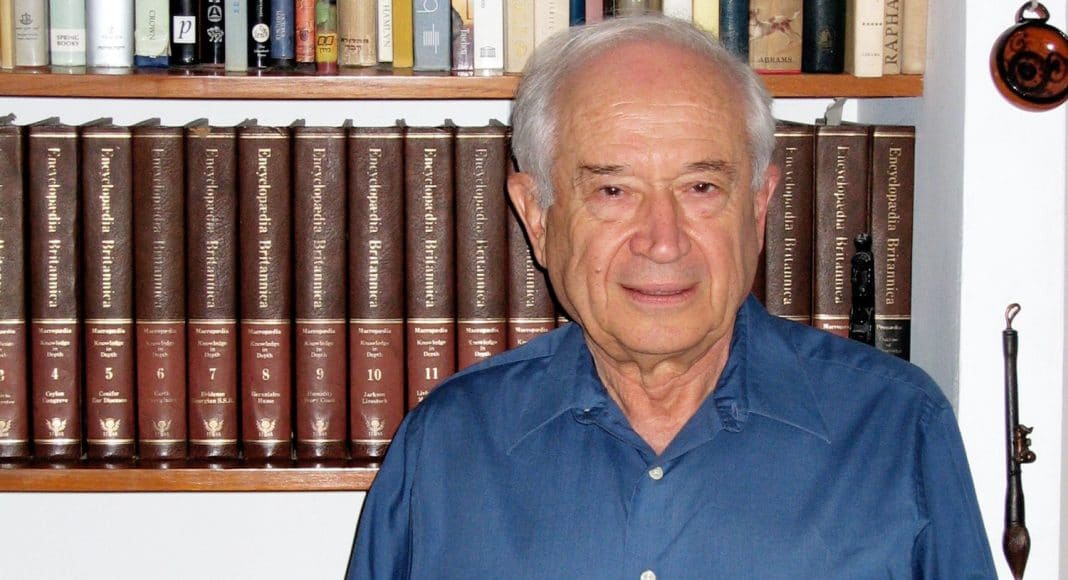The world of medicine will never be the same thanks to Dr. Raphael Mechoulam, the chemist responsible for the discovery of the endocannabinoid system, but the scientist who laid the groundwork for our modern understanding of cannabis says there’s still a lot of work to be done.
“I can’t list all the physiological systems and conditions affects by cannabinoids because there are too many,” exclaimed Mechoulam. He was the keynote speaker at the Marijuana for Medical Professionals conference in November.
Pamela Clum and Susan Squibb work at CBDRx, a business to business company looking to expand their manufacturing operations after their initial proof of concept. If you don’t know about CBDRx, their line of products are available online and are legal to ship anywhere in the U.S. They are well-known for their vegan CBD capsules, tinctures and infused honey and coconut oils. Ms. Squibb is the head of operations and Ms. Clum heads up R&D. You can see Clum’s video explainer of what CBD is here.
“Considering all of the promising basic research being conducted, this sort of medically focused conference is a call to action for more clinical trials”, according to Clum.
Cannabis’ Outsider Status
Normally, drug research and development takes place and is then introduced to the establishment, the people. But as Clum explained, the medicinal use of marijuana is a people driven movement.
Clum is a botanist who has been formulating in the medical marijuana industry since 2009. She works with the CBDRx hemp farm, which was the first certified organic hemp farm in US. CBDRx also run a genetic breeding program for the plant. Currently, there’s a lot of talk about CBD and THC. They predict that CBC and CBG will prove to be the up and coming therapeutic cannabinoids.
A Master Class With Dr. Mechoulam
To hear the keynote speech by Mechoulam was to gain a peek inside the great mind that was the first to think about cannabis at the molecular level. His unbiased perspective enabled him to see the science behind the prohibited plant, and his fascination with how it worked lead him to discoveries upon which all modern cannabis research is based.
Mechoulam presented his studies and the data at the medically accredited lecture. Imagine hearing him explain all of his work over the years. The organic chemistry lesson when over the heads of many of the attendees but one thing that was not lost was his request for more clinical trials.
“I hope someone will have the background to try and see if brain damage can be lowered by endogenous cannabinoids,” Mechoulm said to the audience from his homeland of Israel.
“Cancer has essentially no clinical trials with cannabinoids and although most patients use one type, there’s not one published cannabis trial on cannabis patients.” Cancers are so different from one another.
“There is nothing,” said Mechoulam in a firm tone, “not one single clinical trial.”
Mechoulam sees huge potential for research in that area, specifically whether cancer patients will benefit from THC, or another cannabinoid, or when or how to deliver the medicine, or the ratios.
“This is a shame and I hope within the next few years, cancer clinical trials will be undertaken and published.” While there is one underway in Israel for brain cancer, it’s a far cry from definitive.


